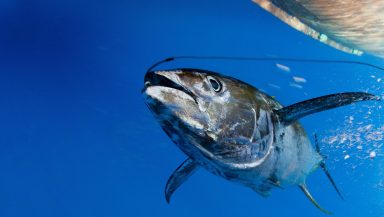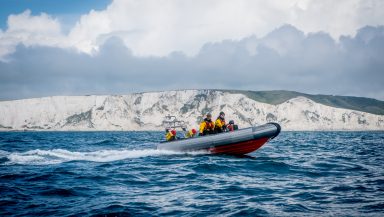Did you know that squid are important for our oceans? As both predator and prey, they play a key role as food for whales and other marine species, and perform vital functions that help keep the oceans healthy.
But global demand for squid coupled with a lack of regulation has led to industrial overfishing. This not only threatens squid numbers, but harms the largest ecosystem on earth: our oceans. It also impacts the livelihoods and food security for many coastal communities worldwide.
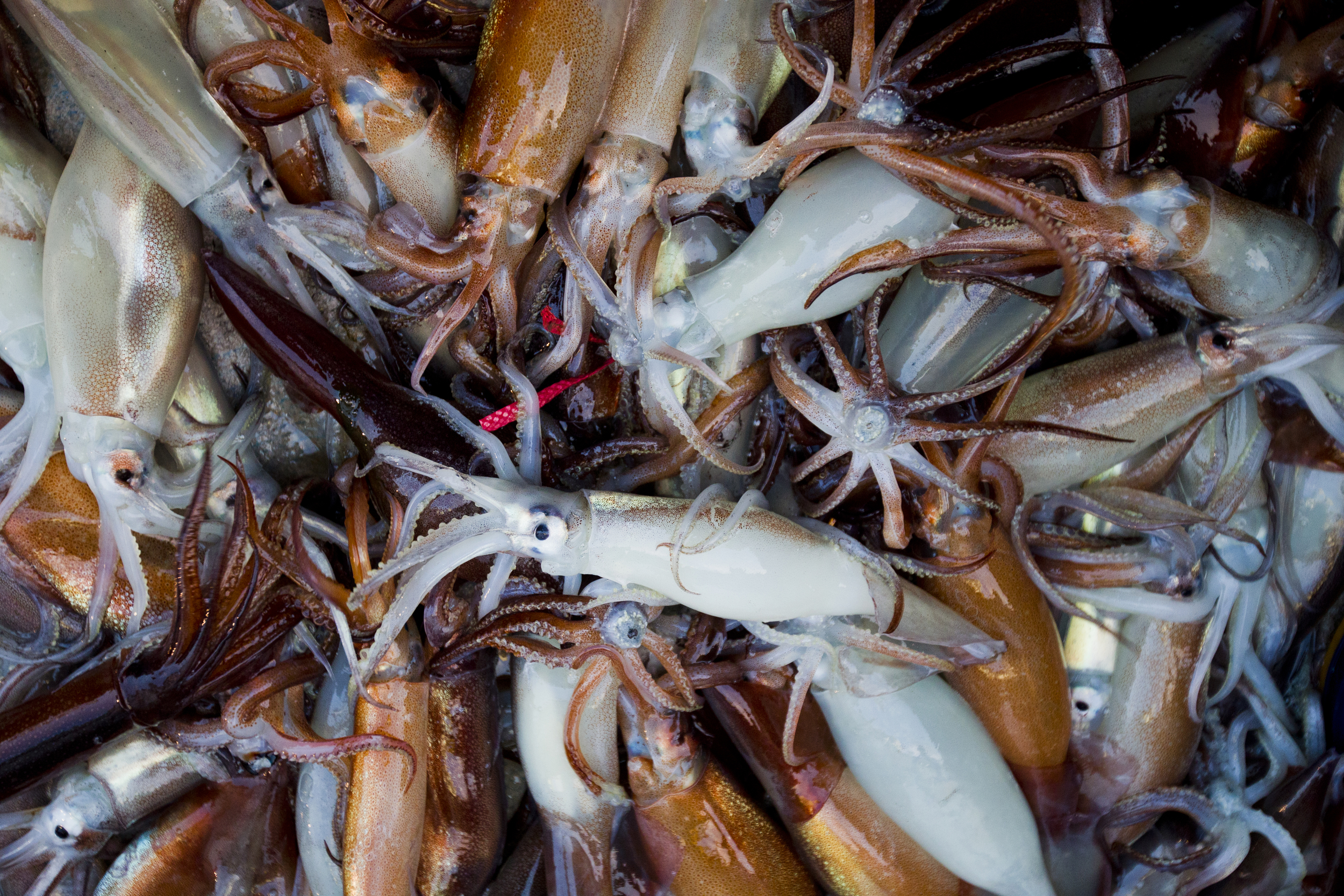
Squid pile together on a squid boat in South Korea. Photo: Paul Hilton / Greenpeace
Why squid matter for the ocean
Squid play a vital role in ocean life. They are food for larger marine animals like dolphins, whales and sea lions, alongside coveted fish like salmon and tuna, and some sea birds. Squid also act as ‘biological pumps’ – as they eat and move across our oceans, they transport carbon and nutrients between marine ecosystems. This makes squid essential for healthy and functioning oceans, both now and for the future.
Three facts about squid
Squid are sensitive to where they live.
They thrive in good conditions but their numbers go down in poor conditions. Though they produce many baby squid, they only breed once in their lifetime.
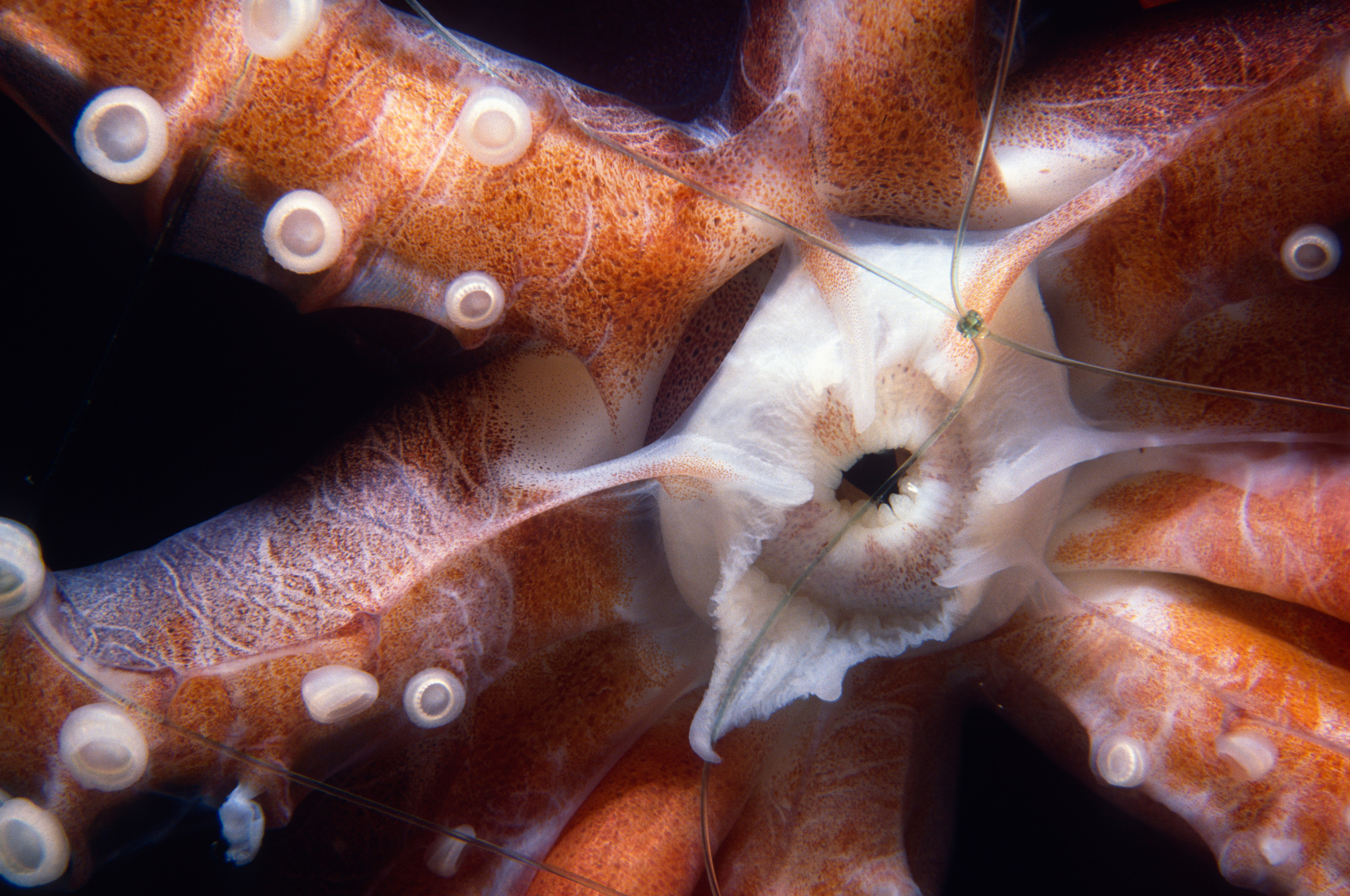
Squid eyes are almost as complex as human eyes.
And the largest eyes in the animal kingdom belong to giant squid and colossal squid. This helps them see into the darkness of the ocean for food.

Squid have style.
They can change the colour, pattern and texture of their skin to blend into their surroundings. This also helps them communicate with each other.
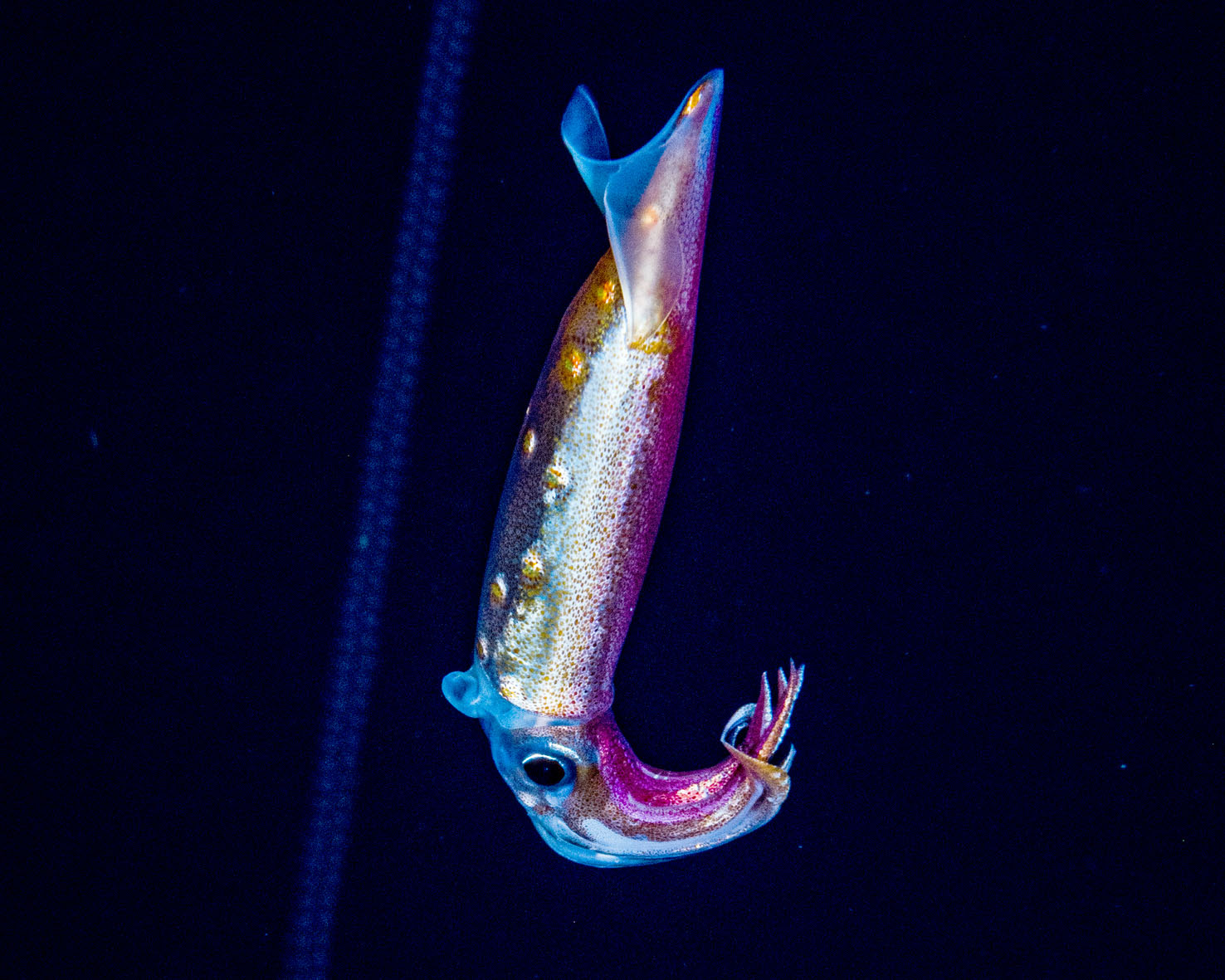
How does squid fishing work?
Squid fishing boats, or jiggers, have huge lights that flood the ocean to attract squid to the surface. To catch the squid, they release specialist fishing lines that are pulled up and down in the water by machines. This motion is why they’re known as jiggers. On an industrial scale, huge numbers of jiggers gather close together to fish, which is where the problems start.
What’s the problem with the squid fishing industry?
In short, the squid industry has grown so big that it’s now threatening ecosystems around the entire world.
Unchecked growth not only impacts the species, but the entire marine ecosystem. Greenpeace investigations have shown how unregulated fishing outside national waters is threatening squid numbers. With no global regulations or monitoring systems in place currently, it’s often a free-for-all. This means that jiggers can fish with very few checks and no controls over the size of their catch.
Coupled with that, the demand for squid has led to a rapid increase in how many squid fisheries are operating. This has meant that areas like the north-west Indian Ocean saw an 800% increase in jiggers in the last five years. And in other areas, like the south-west Atlantic, armardas of 500 ships work together to plunder the ocean. The sheer numbers of boats in such a small space means that, at night, the lights they emit can be seen from space.
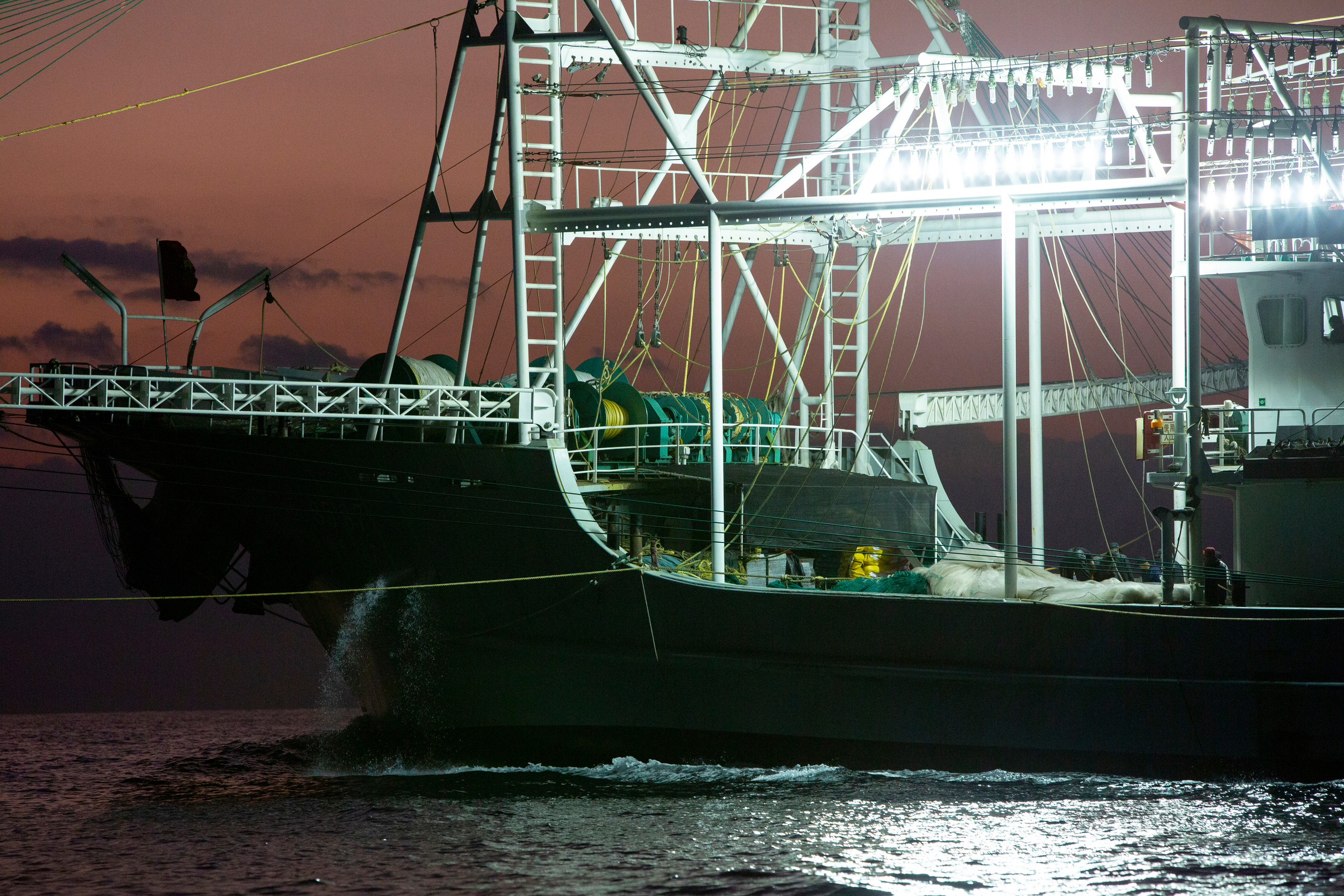
Lights seen on a Chinese flagged squid boat in the northern Indian Ocean. © Abbie Trayler-Smith / Greenpeace
Industrialised fishing impacts coastal communities too, many of whom may have fished sustainably for generations. In 2019, just three fishing countries were responsible for almost 60% of the global squid catch. This makes it harder to make a living in many of these communities, and results in greater food insecurity.
Our oceans are being industrialised. It’s wiping out populations of marine life and altering the ecosystems on which our lives depend. The lack of control over the huge, and growing, squid fishing industry is a clear example of why the current rules to protect the global oceans are failing.
So, what can we do?
We want governments to agree a strong Global Ocean Treaty to protect our oceans for the future.
This would regulate harmful industries, like squid fishing, and allow us to create a worldwide network of ocean sanctuaries. Doing this would mean we can protect wildlife, safeguard people’s livelihoods and food sources, and keep our oceans healthy for generations to come.
Let’s put the brakes on the industrial destruction of our global commons.


